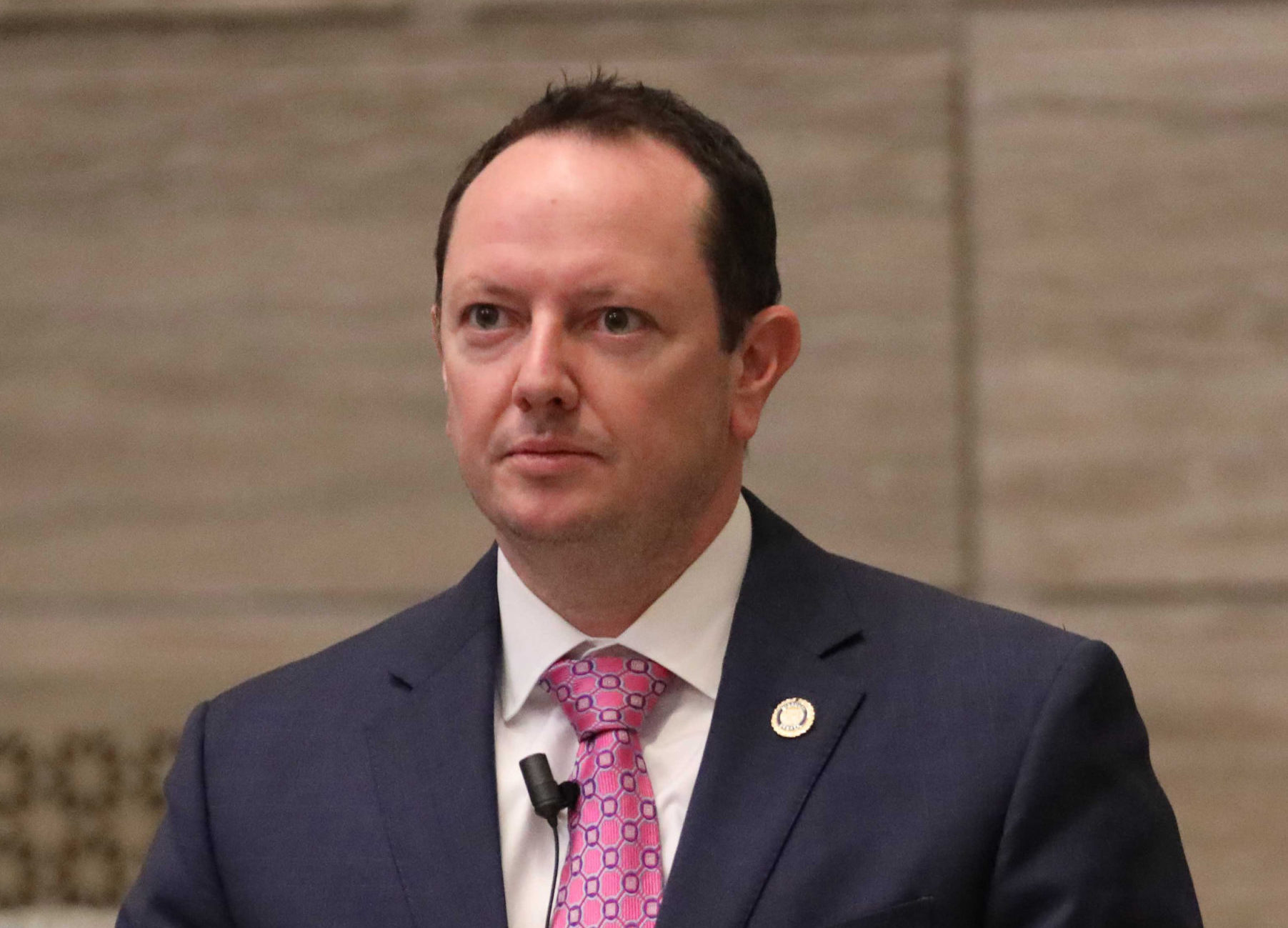JEFFERSON CITY, Mo. — With a substitute and several amendments adopted, a licensure bill covering occupational therapists, pharmacists, and other professions was sent for fiscal review Thursday.
HB 542 began in the House with the Occupational Therapy License Compact and grew to include other licensing measures by the time it reached the Senate floor. The underlying bill would allow eligible occupational therapists and assistants to practice in other member states; active-duty military members and their spouses would also retain home-state licensure without having to maintain residency.
“This substitute mostly includes provisions this body has already approved related to professional registration and licensing,” handler Sen. Eric Burlison said. “This doesn’t have as much in it as previous licensing bills, but it does include several provisions we’ve passed before.”
Other provisions included in the Senate substitute would prohibit any laws restricting licensed dieticians from operating within the scope of their professions, expand the definition of architecture to include design and construction of private buildings, and repeal exemptions disallowing the use of titles for architects working on small private projects. Another measure would allow psychologists working with the Department of Corrections who face complaints from prisoners to submit a request to destroy records related to the case if the allegations are found unsubstantial.
Six amendments were added to the bill before the package was sent to the Governmental Accountability and Fiscal Oversight Committee to evaluate the cost of the proposals.
Sen. Greg Razer’s SB 79 was also unanimously added as an amendment on the floor. The measure would allow pharmacists to dispense HIV post-exposure prophylaxis (PEP) medications, provided that the pharmacist has completed a training program. PEP treatments are used within the critical three-day period after exposure to the virus.
“This is an important step toward reaching an HIV-free generation,” Razer previously told The Missouri Times. “It’s a great day for the state of Missouri, but also a step toward ending the world’s last great pandemic.”
Another amendment from Razer would allow pharmacists to administer COVID-19 vaccines; it originally allowed the administration of vaccines approved by the Federal Food and Drug Administration (FDA) but was expanded to include an emergency clause in case of a gap between the bill’s effective date and the expiration of the FDA’s emergency use order on the vaccines.
Other amendments would allow realtors to establish LLCs to receive pay, remove statutory language restricting embalmers and funeral home directors, and establish a tax credit for faculty serving as preceptors for medical students. The credit would be funded through an increase in licensing fees.
Several licensing reform bills have progressed through the upper chamber with a myriad of amendments in tow this session.

Cameron Gerber studied journalism at Lincoln University. Prior to Lincoln, he earned an associate’s degree from State Fair Community College. Cameron is a native of Eldon, Missouri.
Contact Cameron at cameron@themissouritimes.com.





































